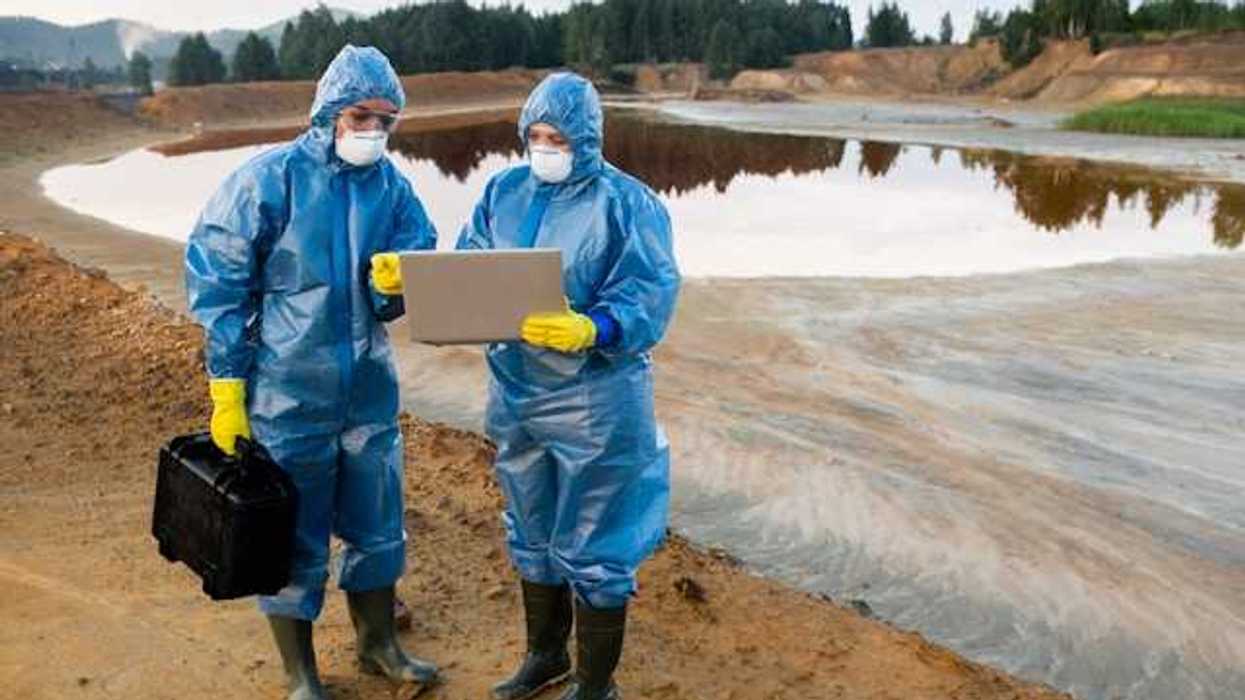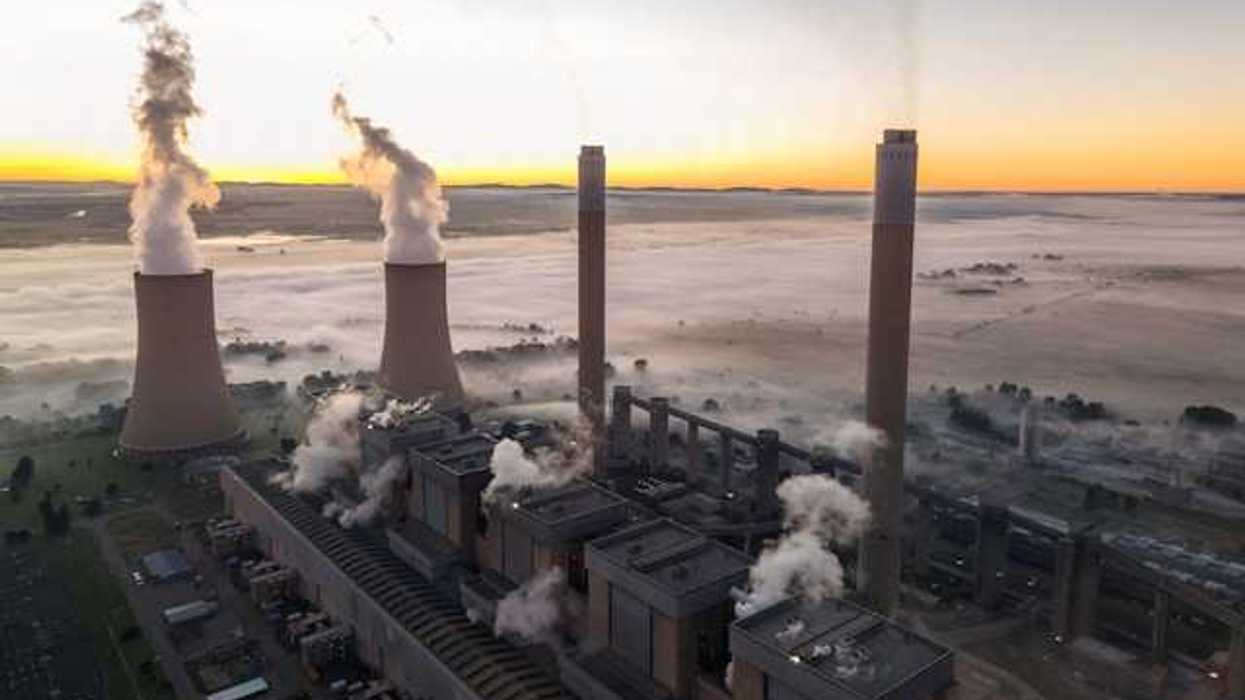As extreme heat intensified across the Middle East and North Africa between 1998 and 2019, cancer mortality among women steadily climbed, according to new research.
Ruby Mellen reports for The Washington Post.
In short:
- A study in Frontiers in Public Health analyzed cancer data in 17 Middle Eastern and North African countries and found higher temperatures were linked to increased cases and deaths from breast, ovarian, uterine, and cervical cancers.
- For each 1°C temperature rise, cancer cases increased from 173 to 280 per 100,000 women and deaths rose from 171 to 332 per 100,000, with ovarian cancer showing the steepest rise.
- Researchers attribute the trend to increased exposure to ultraviolet radiation, worsening air pollution during heatwaves, and barriers women face in accessing cancer screening and treatment in the region.
Key quote:
“Women in this region face cultural, legal, and economic barriers to screening and treatment while also being disproportionately exposed to environmental carcinogens.”
— Wafa Abuelkheir Mataria, senior research fellow at the American University in Cairo
Why this matters:
In regions where heat is escalating, so are exposures to pollutants and UV radiation that can trigger or worsen cancer. For women in the Middle East and North Africa, who often lack access to regular screening or cancer treatment, the burden becomes heavier. Heat worsens air quality by spurring chemical reactions that boost pollutants like ozone and fine particulate matter, both known carcinogens. It also stresses healthcare systems already strained by conflict, poverty, or underfunding. When higher temperatures correlate with higher cancer mortality, it forces a deeper look into how rising global temperatures intersect with inequality — particularly in how climate risks affect women’s bodies differently. This trend may signal similar risks for other regions experiencing rapid warming, raising questions about preparedness and equity in public health systems under pressure from climate change.
Learn more: New research finds humans may overheat faster than we thought as the planet warms














